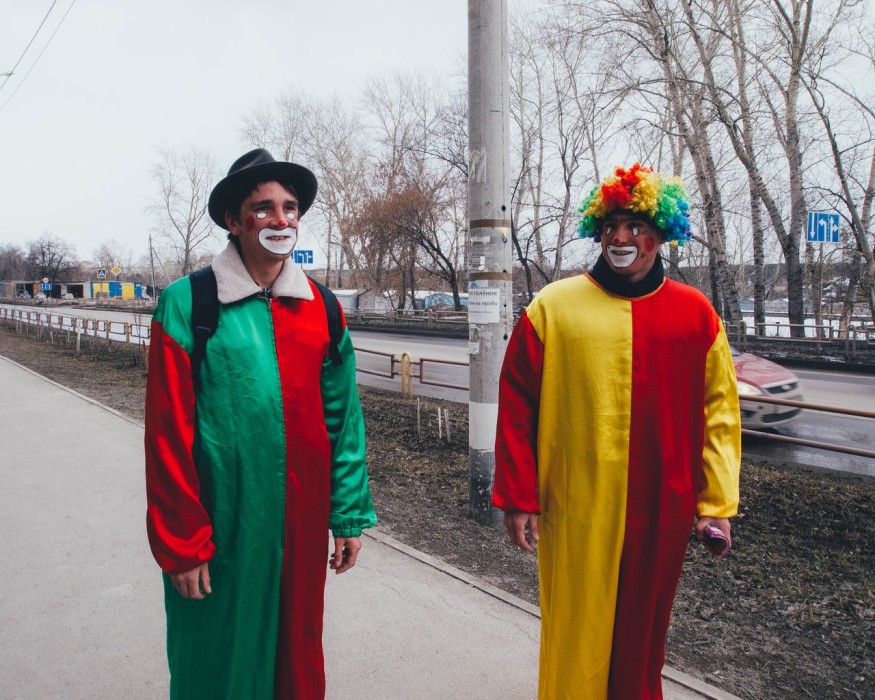Clowns are among the many pop culture icons that had been linked to Halloween and other scare-themed events. Clowns are supposed to be entertainers at birthday parties, children-targetted activities, and theme parks, but throughout the years, they have been correlated to an abnormal amount of fear not just to kids but also adults. The once happy-driven role of clowns turned into a horrifying representation as the 21st century progressed.
What Causes Coulrophobia?

The concept of clowns was developed to perform entertaining exhibitions to the crowd, but as time passed, they were pushed to become negative figures related to crime, murder, and other horrors. This paved the way for psychologists to determine a distinct kind of fear called coulrophobia, or the fear of clowns. Phobia expert Adam Cox said in a Daily Mail report that there are indeed triggers that make people scared of clowns, and the factors are induced by the developing culture and society.
Cox said it is unnatural for people to be born with an onset fear of clowns, and no recorded fact supports the idea. However, it is proven that the fear of loud noises and falling is frequently present upon birth. The expert said that there is no genetic trait that induces the fear of clowns in newborns, but the fear itself could be obtained during the development state of a child.
Cox mentioned that obscure faces are among the factors that could strengthen coulrophobia; these hidden faces are already present during childhood, as characters and other figures targetted to children are comprised of mascots and costumes that hide the true character behind masks and paints. The expressions and intentions underneath the facade are hidden, causing a bit of uneasiness in some interactions and exposure. Cox said that this fear, even if seemingly irrational, is understandable.
University of Derby expert Frances Maratos said in the report that the face is among the integral factor that allows non-verbal communication cues between people. Without the interpretation of faces, people would have a hard time identifying a person's motives and thoughts, and this is what the human minds interpret whenever they see the frozen smile of the clowns.
Clowns are Interpreted by Minds as Distorted and Unnatural
Nottingham Trent University psychology expert Mark Griffiths added that the clowns' choice of clothing could also be responsible for the collective fear of the character. The exaggerated features of clowns' physical structure and attire might make some people uncomfortable due to its extreme representation.
Maratos said in a University of Derby blog that the strongest influence of coulrophobia is the human-like expectations of people from clowns, which on the contrary, appears in an unnatural and distorted appearance that is far more different from a human's.
Cox said that the fear of clowns could also be pushed by the idea represented in the mainstream and social media. One example is the infamous John Wayne Gacy, also known as the American 'Killer Clown.' Despite working as a part-time clown, Gacy did not commit any murder while in costume.
RELATED ARTICLE : People Claim They Can Hear Voices of the Dead; Science Explains How Auditory Hallucinations Happen
Check out more news and information on Psychology in Science Times.
© 2026 ScienceTimes.com All rights reserved. Do not reproduce without permission. The window to the world of Science Times.












